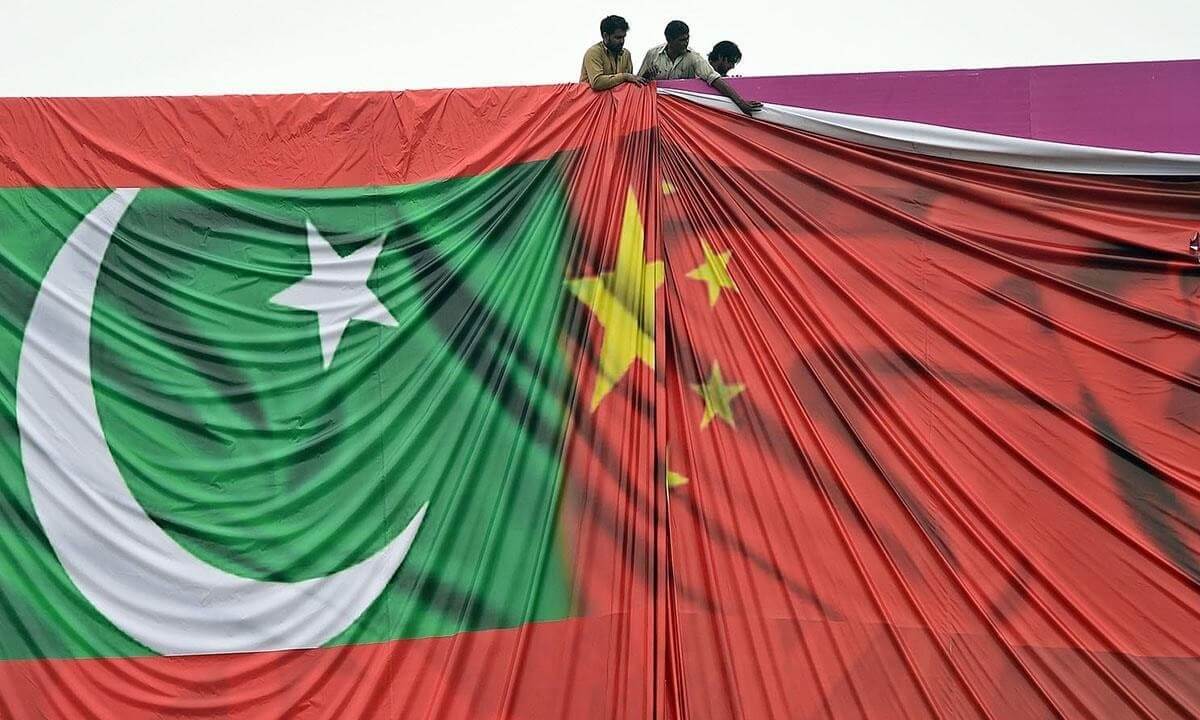Is Pakistan Aligned With Beijing or Washington?
Ishtiaq Ali Mehkri | 19 May 2022
With the funneling of aid and IMF nod resting at Washington’s largesse, Pakistan will have to make a tough calculus
Quite recently when Pakistan cherished the principle of ‘no-camp’ politics, it was one way or the other aligned with Beijing. Strong undercurrents of geopolitics made it tilt towards China, and extend its reach to Russia, too. This was all owing to geo-economics. The thrust was made clear in no unequivocal terms by the Army Chief and the then Prime Minister at Islamabad Security Dialogue consecutively in 2021 and 2022. One more factor that motivated Pakistan to adopt a regional approach was the exit of the United States from Afghanistan, and that too in a quick fix. Having played the role of a great guarantor in ensuring that American interests are not harmed, as they were evacuated out of Kabul, Islamabad had strategically made its indispensable position loud and clear.
Yet misgivings with Washington reigned on. The root cause of discord was the ‘absolutely not’ dictum pronounced by Mr Imran Khan on the demand for bases and airspace to the lone superpower. President Biden’s administration was playing the role of an injured wolf, and was eager to stage a comeback in the mountainous terrain of Southwest Asia. But their plans were torpedoed by several Central Asian states under Russian influence, and even by Kazakhstan. The UAE and Saudi Arabia too stood alienated, and were not on talking terms with Biden. Islamabad’s ‘no’ was more than enough to breed bad blood. And if diplomatic chronicle is any criterion, the distrust in the previous government from White House was too candid to make the difference felt. And the change of command was fait accompli.
So where does Pakistan stand today? Is it with China or the US? The new political polity is in a fix to state the obvious. It is in a swirling mode between two poles of power. One of its prime concerns is to seek economic legitimacy from international donors who are all based in Washington, and hold the immediate succour. On the other hand, it is Beijing which is one of the biggest game-changers in Pakistan with more than $60 billion investment in the pipeline under the CPEC initiative. Not to mention the new out-of-the-box solution that the previous government had cultivated with Russia to seek cheap oil and wheat, which is now nowhere in sight. So how will Pakistan navigate its way out of this crisscross and what are the options at hand?
As far as CPEC is concerned, it is still to take off and its slow pace of implementation is worrisome. Beijing is not happy as the project is five years behind schedule. Gigantic turnkey projects such as ML-I are in labyrinth. Only three out of nine special economic zones are in full gear, and the process that would have led to industrialisation and rapid agricultural yield is mired in confusion. So is the case with probable access to India and beyond via Wagah. Estimates say Pakistan has lost more than $40 billion in foreign investment as it was unable to keep the pace, and the money is now parked in Southeast Asian states.
Islamabad is increasingly under pressure from the US to distance itself from China. But CPEC enjoys complete consensus from the security and political establishments of Pakistan. What is bothering is its pace of realisation. With the funneling of aid and IMF nod resting at Washington’s largesse, Pakistan will have to make a tough calculus. While Islamabad will never abandon the Beijing route, it can always play Macbeth. But that would be suicidal.
What Washington is asking in the disguise of new orientation from Pakistan is too deadly to deliver: recognition of Israel, hegemony of India and a cold shoulder to Kashmiris. This is tantamount to a strategic debacle for Pakistan. Neither the nation, nor the security establishment would let that happen. Pakistan has to take a conscious call now in its long-term interests. The United States is too important to be ignored. But the perils are high in towing it blindly. Likewise, the Chinese and Russian cushions too are not without strings. This boils down to a one-liner: rewrite a progressive and rational policy in foreign relations.
The writer is a senior journalist currently associated with a think tank based in Islamabad.
This article was originally published on Dawn.
Views in this article are author’s own and do not necessarily reflect CGS policy.
